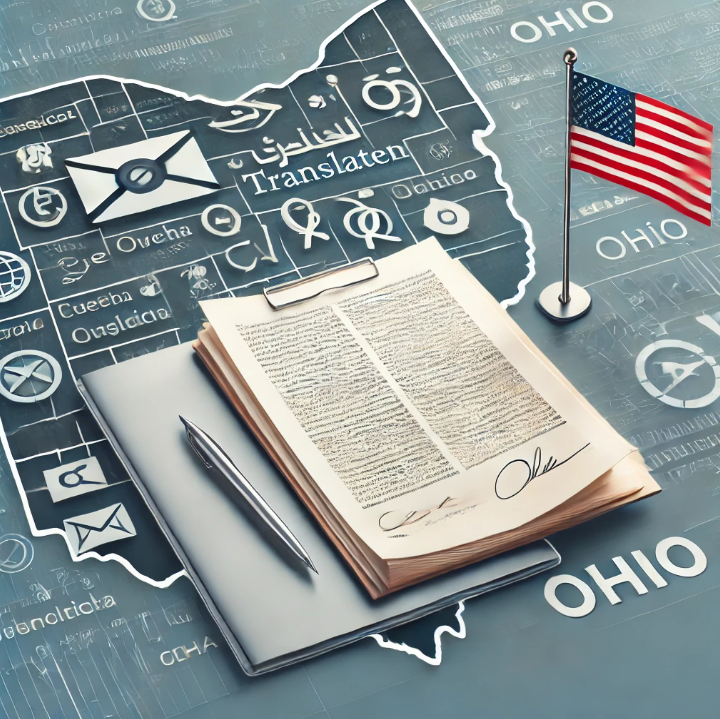In today’s fast-changing world, knowing English is very important. English has become the main language in the modern world. It helps people from different cultures talk to each other. Translations into English play a big role in how people share information. English lets people and companies from different countries communicate easily. The quality of a translation greatly affects how English speakers understand it.
A good translation into English is not just about changing the words. It’s also about keeping the tone, meaning, and cultural background the same. For example, a good translation should capture the main idea of the original text. It should also adapt well to English-speaking readers.
Why Choose Professional Translations into English?
Professional translations don’t just make the text good. They also help readers understand it better. If a text is translated poorly, it can cause confusion. This can even lead to financial problems. Therefore, it’s crucial that the translation is done well. It should not have any mistakes in style, grammar, or spelling. Professional translations ensure that the message is clear and effective.
English is used in many parts of everyday life. Here are some important areas where a good English translation matters:
- Science and education – translating science texts, textbooks, and academic papers.
- Business and international trade – contracts, presentations, business papers.
- News and media – news stories, newspaper articles, interviews.
- Law and government – legal documents, court decisions.
- Technology – technical guides, user manuals.
In all these areas, a good translations into English are crucial for success. For instance, in business, a well-translated contract can prevent misunderstandings. It can also ensure smooth transactions.
What Makes a Perfect English Translation?

For an English translation to be good, it must meet several requirements. These include:
- Language accuracy – staying true to the original while keeping good style and grammar.
- Special terms – using the right words and phrases for specific fields.
- Style and tone – adjusting the style to match the text type.
- Understanding context – considering cultural background to make the text sound natural.
- Keeping structure – matching the layout, paragraphs, and headings of the original.
- Cultural adaptation – considering cultural differences and tailoring the text for English-speaking readers.
Meeting these requirements ensures that the translated text sounds natural. It also stays true to the original meaning. A good translator must know small details about language and culture. This ensures that the translation is accurate and engaging.
Modern Tools for Translating into English
Translators use modern technologies to help them work better. Computer tools speed up work and help keep terms consistent. Translators may also use term databases and electronic dictionaries. However, these are just helper tools. Human translators are still needed to understand subtle meanings and context in statements. Modern tools can also assist with managing large projects. They help ensure consistency across many documents.
Main Challenges in English Translations
Translating into English can have many challenges. These include:
- Sayings and fixed phrases – translating these word-for-word can confuse readers.
- Formal vs casual style – choosing the right tone for each context.
- Special terms – requiring advanced knowledge in specific fields.
- Cultural differences – messages may be understood differently in different cultures.
- Words with multiple meanings – some words change meaning depending on how they are used.
- Jokes and wordplay – difficult to translate directly into another language.
- New words – requiring creativity to translate effectively.
Translators must be aware of these challenges to produce high-quality translations that are accurate and culturally relevant.
Why a Professional Translator Is Important
Using a professional translator helps avoid many mistakes that could cause misunderstandings. A skilled translator should always be learning and improving their abilities. Language changes over time, so new words and phrases must not be overlooked. Translators must also meet deadlines while following industry standards. They must keep translated documents private as well. Professional translators provide valuable insights into cultural differences and language subtleties. This ensures that translations are effective and respectful.
Conclusion
Perfect translations into English require translators with many skills and excellent knowledge of both languages. They also need general knowledge about various topics as well as creativity. English is used in many fields like culture, science, and business where high-quality translations are very important. Choosing an experienced translator is essential for success in these areas. Using modern tools alongside skilled professionals ensures accuracy and quality in every project. Investing in perfect English translations brings real benefits by opening doors to global opportunities while fostering trust and collaboration worldwide.




